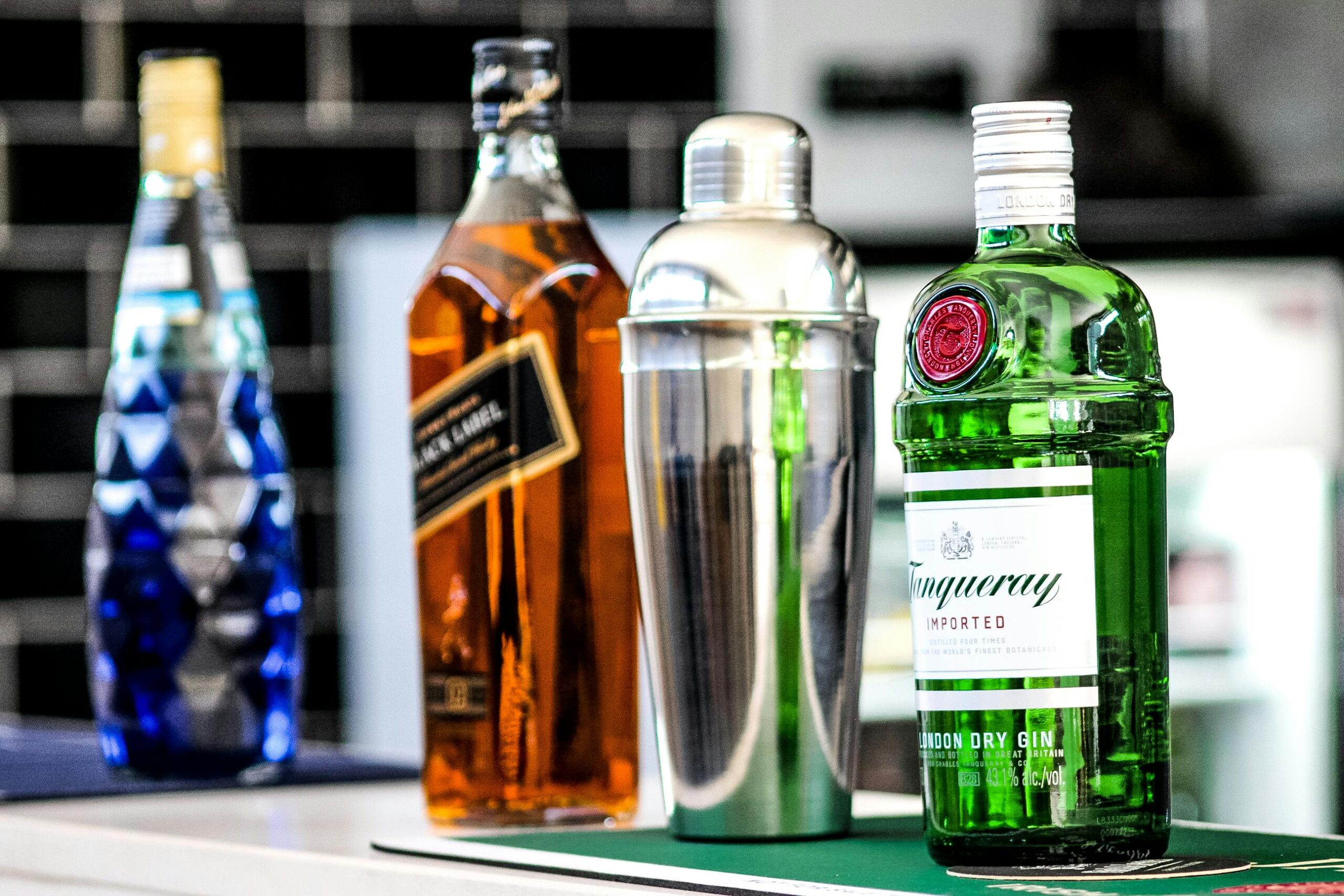Let’s engage in spirits distribution, where passion meets profit in a cocktail of entrepreneurship! Have you ever wondered how that bottle of premium whiskey or craft gin reaches your local off-license or favorite bar? Behind the scenes, there’s a fascinating journey of business acumen and industry expertise that turns distilled dreams into liquid reality.
In this quick overview, we’ll dive into the secret sauce of how spirits distributors make money. From sourcing the finest spirits to navigating a complex web of regulations, this is a behind-the-scenes glimpse into the dynamic world of spirits distribution, where every sip tells a story of strategy, tenacity, and taste.
Buying at Wholesale
Purchasing products at wholesale prices is a common practice across various industries, including retail and hospitality, and it plays a crucial role in cost control and profit maximization. When businesses buy goods at wholesale, they typically acquire items in larger quantities, allowing them to take advantage of reduced per-unit costs. For instance, you can buy gins at wholesale to supply your restaurant or bar, and by doing so, you can offer competitive prices to your customers while securing a more substantial profit margin for your business. This cost-saving strategy enables retailers, bars, and other establishments to boost their profit margins when reselling these products at retail prices.
Moreover, buying at wholesale often grants access to a broader range of products and suppliers, facilitating inventory diversification and meeting customer demands efficiently.
Volume Sales and Discounts
Volume sales and discounts are essential components of the spirits distribution business model. Distributors often offer discounts to retailers and bars when they purchase larger quantities of spirits. These discounts incentivize bulk purchases, leading to increased sales volumes. Tiered pricing structures are common, encouraging retailers to order more cases of a particular spirit by offering progressively better discounts for higher volumes.
This strategy benefits both parties, as distributors move inventory more quickly while retailers enjoy cost savings. Volume sales not only contribute to distributor profitability but also promote brand loyalty among retailers, fostering long-term business relationships in the competitive spirits industry.
Exclusive Brand Partnerships
Exclusive brand partnerships are a strategic avenue through which spirits distributors bolster their revenue streams. These agreements grant distributors exclusive rights to distribute particular brands or product lines within a specified region or market segment.
By securing exclusivity, distributors gain a competitive edge, as retailers and bars rely on them as the sole source for these sought-after spirits. This exclusivity often translates into higher profit margins and enhanced bargaining power with retailers.
Furthermore, it reinforces distributor-brand relationships, as both parties work closely to maximize market penetration and brand visibility. Exclusive brand partnerships are a win-win, driving profits for distributors while strengthening brand presence and recognition.
Brand Promotion and Marketing
Brand promotion and marketing activities are integral to the revenue generation strategies of spirits distributors. Distributors play a pivotal role in increasing brand visibility and consumer awareness by implementing marketing campaigns, organizing tastings, and participating in industry events. Collaborative efforts with brands they represent help create a strong market presence.
Additionally, distributors may offer incentive programs such as co-op advertising or promotional support to their retail and bar clients, ensuring that products receive the attention they deserve. Effective brand promotion and marketing not only drive sales but also solidify distributor-brand relationships, leading to mutually beneficial long-term partnerships and sustained profitability in the competitive spirits industry.
Inventory Management and Supply Chain Efficiency
Efficient inventory management and a streamlined supply chain are paramount for spirits distributors seeking profitability. Careful inventory control ensures that distributors have the right products available in the right quantities, reducing holding costs and preventing overstock or stockouts.
Additionally, optimizing the supply chain by enhancing transportation logistics and delivery scheduling reduces operational expenses and enhances overall efficiency. With a well-managed inventory and an efficient supply chain, distributors can meet customer demands promptly, minimize waste, and improve cash flow.
These practices contribute significantly to profitability, allowing distributors to navigate the dynamic and competitive spirits industry with agility and precision.
Diversification of Product Portfolio
Diversifying the product portfolio is a strategic approach employed by spirits distributors to enhance revenue streams and adapt to evolving consumer preferences. Distributors expand their offerings by including spirits from various categories, price points, and origins.
This not only caters to a broader customer base but also mitigates risks associated with relying on a single brand or product line. The inclusion of seasonal or trend-driven spirits allows distributors to capitalize on market shifts and consumer demands, boosting sales during specific times of the year or when certain trends gain momentum.
By continually diversifying their product portfolio, distributors ensure sustained profitability while staying attuned to the ever-changing dynamics of the spirits industry.
Spirits distributors employ a multifaceted approach to ensure profitability in the competitive spirits industry. Their strategies encompass wholesale pricing and markup, volume sales and discounts, exclusive brand partnerships, brand promotion and marketing, efficient inventory management, and diversification of their product portfolio. These tactics, often working in synergy, enable distributors to not only maximize revenue but also cultivate enduring relationships with both brands and customers. By adapting to market shifts, optimizing supply chains, and embracing innovation, spirits distributors remain agile and resilient, poised to thrive in a dynamic and evolving industry landscape.

